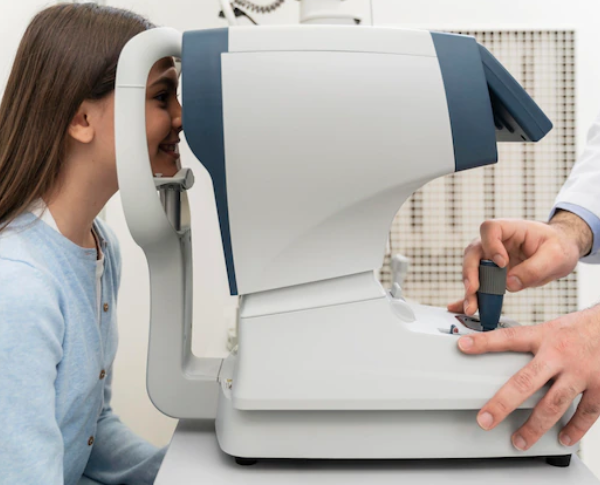Lasik
One kind of refractive surgery is LASIK. Laser surgery is utilised in this procedure to correct refractive eyesight disorders. When your eye does not properly refract (bend) light, you have refractive error.
Light rays must pass through your cornea and lens in order for you to see clearly. Light is bent by the cornea and lens so that it settles on the retina. Light is converted by the retina into signals that are then translated into images in the brain. When you have refractive defects, your cornea or lens's shape prevents light from bending properly. Your eyesight becomes hazy when light is not focused properly on the retina.

